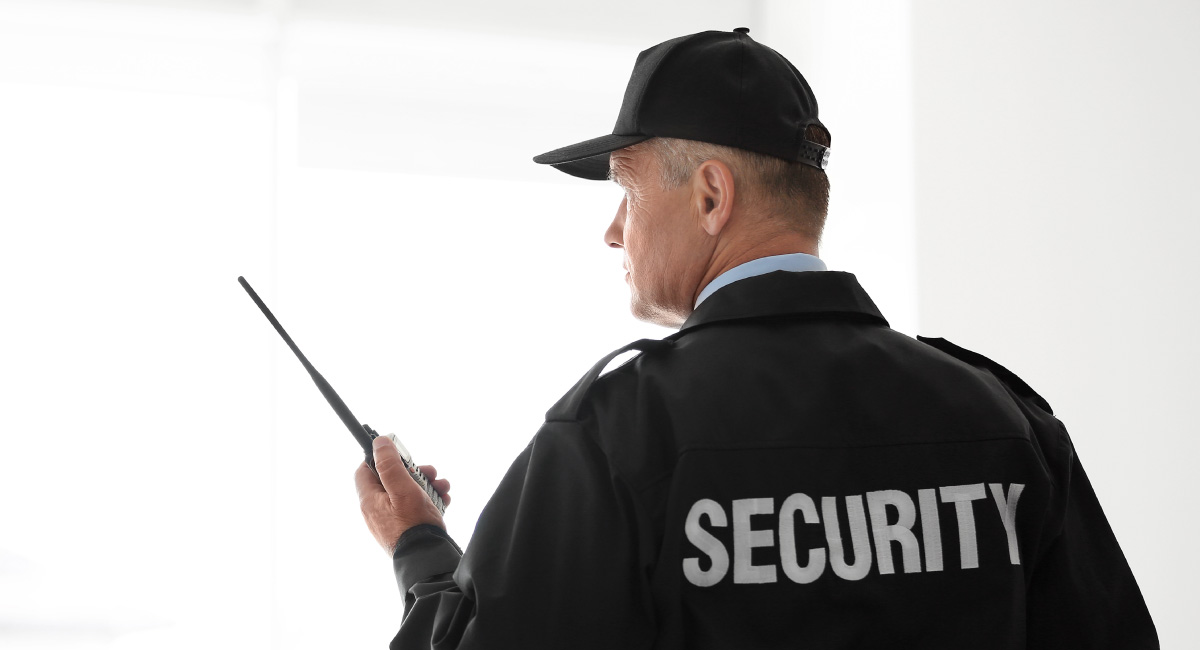Having a plan prepared to deal with threatening situations can be beneficial. It can help minimize mistakes, keep security guards calm, and give them the confidence to mitigate any situation. But that’s not all. Being trained in de-escalation and implementing the de-escalation strategies is going to make all the difference to provide peaceful resolution.
For you, we’ve picked the top 8 de-escalation techniques all security guards must know.
Build Trust
The ability to build trust is a security guard skill that is deeply appreciated and recognized in the security guard industry. It is one of the simplest ways to resolve any conflict and de-escalate any situation after all. It may sound easy, but doing it can be extremely difficult. So, begin with showing compassion and respect to build trust. Once established, do not do anything to diminish it before conflict resolution.
Listen
Listening is more than letting angry people rant and yell. It is more about making them feel like they are actually being heard. It’s all they want. In order to do that you need to understand the most crucial rule of listening – do not interrupt. Give them the space to vent and air their grievances. Practice active listening – listen to understand and not reply to the angry person.
Deflection
In a high-stress situation, one of the most common ways that an angry person tries to control the conversation and himself/herself into a position of power is by using insults. A great way for you to not give them that leverage is by not acknowledging those comments. This will simply help change the topic of conversation by staying calm and composed and asking open-ended questions.
Empathize
Understanding an angry person is one thing but the ability to demonstrate an understanding of how the other person is feeling is called empathy. Practicing it is another great way to de-escalate tense situations successfully for security guards. This technique helps the angry person feel understood and feelings validated. Thus, allowing the angry person to reassess their action and stop immediately.
Apologize
There is no way of telling what you say to an angry person will set them off. Even those who have mastered de-escalation techniques may accidentally say things they are not supposed to. When you do, it’s important to recognize it and apologize. Apologize to also acknowledge that something wrong has happened. To further decrease hostility, remember to speak softly.
Clarify
Do you know that when emotions are heightened, especially anger, it interferes with our ability to think straight? And that’s exactly why the angry person you might encounter will have trouble articulating his/her thoughts. Therefore, seek clarification. Ask questions or paraphrase their statement to help the person clearly think about what he/she is actually saying.
Suggest
Giving orders or asking an angry person to follow demands isn’t going to go well no matter how well-spoken you are. When you find yourself in a situation that demands it, simply provide the person with a choice. This tactic will allow the person to unconsciously obey your commands and will be less likely to trigger combative responses.
Document
Documentation is a crucial part of every security guard’s job that makes all the difference at times. Well, in case of de-escalating a situation it turns violent, having detailed documentation can help later on in potential lawsuits or interactions with law enforcement. Security Guard App with guard access allows security guards to record audio, video, and pictures along with notes to ensure nothing’s left out.
Security Guard App is loaded with numerous other features that can help streamline your security operations on client sites. Download it now to get started for free.



Leave A Comment